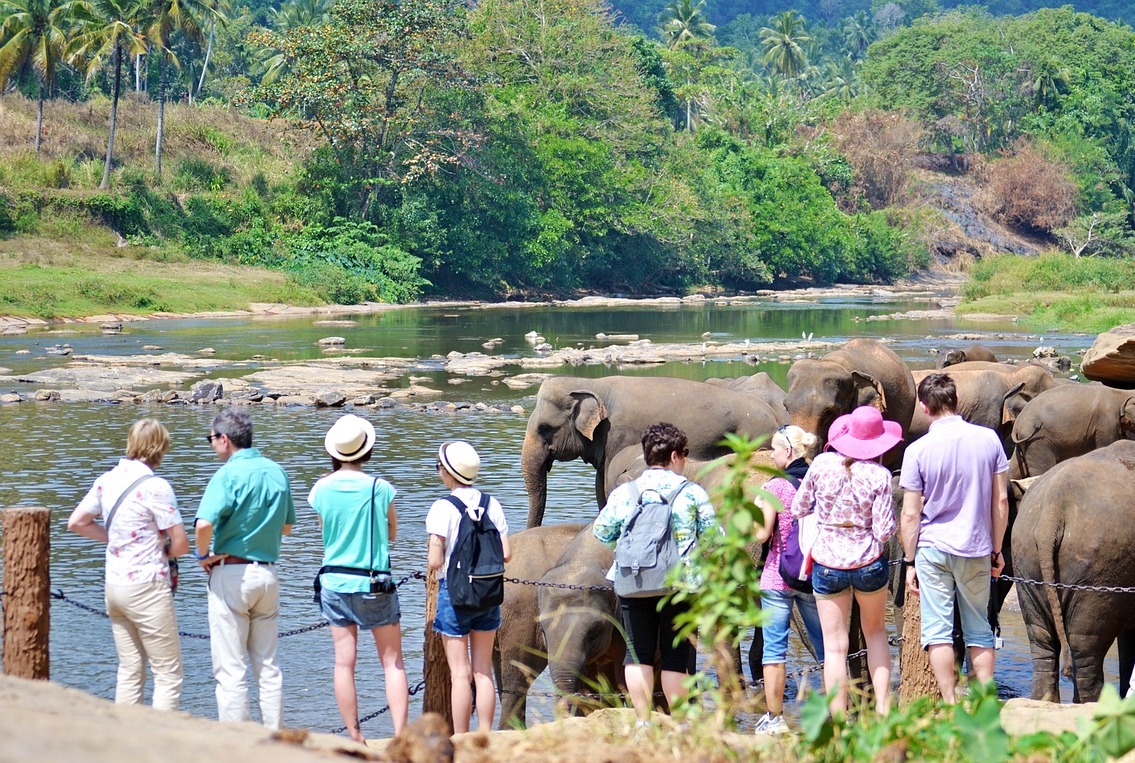This type of responsible employment combines a valuable professional opportunity and a chance to discover stunning natural habitats.
If you’ve been thinking about a way to make a valuable contribution to the planet, this could be it.
What is Ecotourism Work?
Ecotourism work refers to sustainability-focused employment. Its aim is to preserve and positively impact the places and communities travelled to. This is part of a larger trend called purposeful or meaningful travel, which describes travels that strive to be waste-free and eco-friendly.
An Office in Nature
As you would expect, ecotourism work is mostly conducted in wild natural sites, often involving staying in remote, human-free environments. A downside of this proximity to nature is how difficult it can be to access the Internet, which is, of course, an essential part of several ecotourism jobs (we’ll give you some examples of these below).
Examples of Ecotourism Jobs
The main goal of ecotourism work is to contribute to maintaining natural assets and increasing conservation awareness. As such, it encompasses a range of activities that focus on nature destinations and their communities.
Here are some practical examples of ecotourism jobs:
Tour Guide
This is a great position if you’re good at communicating and speaking more than one language, as you would be teaching tourists about the history of a particular area.
Facilities Manager
You would oversee the cleanliness of sites. It’s usually said that when visiting somewhere, we should leave places exactly as we found them. This would be a great way of going above and beyond for Mother Earth by making the maintenance of local areas the primary goal of your visit!
Naturalist or Wildlife Specialist
This is the best option if you’re passionate about wildlife and keen to work with animals. If you have relevant experience and are looking for an opportunity to learn more about local species you can contribute to their preservation and get paid.
On a side note, staying with local families is usually a popular idea in terms of accommodation. This is a great way to learn about and help preserve local cultural heritage, and it can also be a big help for the communities.
Popular Destinations
As you can imagine, the most popular locations for sustainable travel and work are places with abundant fauna and flora where wildlife flourishes. Here are some of the most sought-after destinations for ecotourism workers:
Brazil
The country’s immense biodiversity earned it first place on Forbes’ index of the best holiday destinations for nature lovers, so we bet working in Brazil would be just as inspiring.
Costa Rica
Its 14,000 animal and plant species and three UNESCO Natural World Heritage Sites make this jungle paradise a wildlife hotspot, perfect for tourists passionate about learning more about biodiversity and natural heritage. View volunteer projects in Costa Rica.
Mexico
This beautiful country is known for its deeply rich cultural heritage and wildlife parks like Xcaret, making tour guide jobs highly popular here. View jobs in Mexico for English speakers.
What If Ecotourism Becomes Too Popular?
Much like any other travel movement, ecotourism is now trendy, and this is not without its risks. For instance, if ecotourism jobs become too popular, excessive human foot traffic can increase littering and overall pollution. The presence of workers, if in excess, can also disturb the local communities and even become damaging to their everyday lives.
Nonetheless, we would say ecotourism work and even ecotourism in general will always be an eco-friendly option over traditional tourism. According to The Guardian, traditional tourism contributes to about 8% of global emissions. As such, by and large, working or volunteering abroad as an ecotourist is a valuable contribution to the planet despite its challenges and risks.
Ecotourism work is expected to keep growing in popularity amongst globetrotters as well as other forms of similarly responsible travel. Finding ways to reduce our environmental impact has never been more crucial, and ecotourism strikes a balance between new experiences and sustainable ones.








